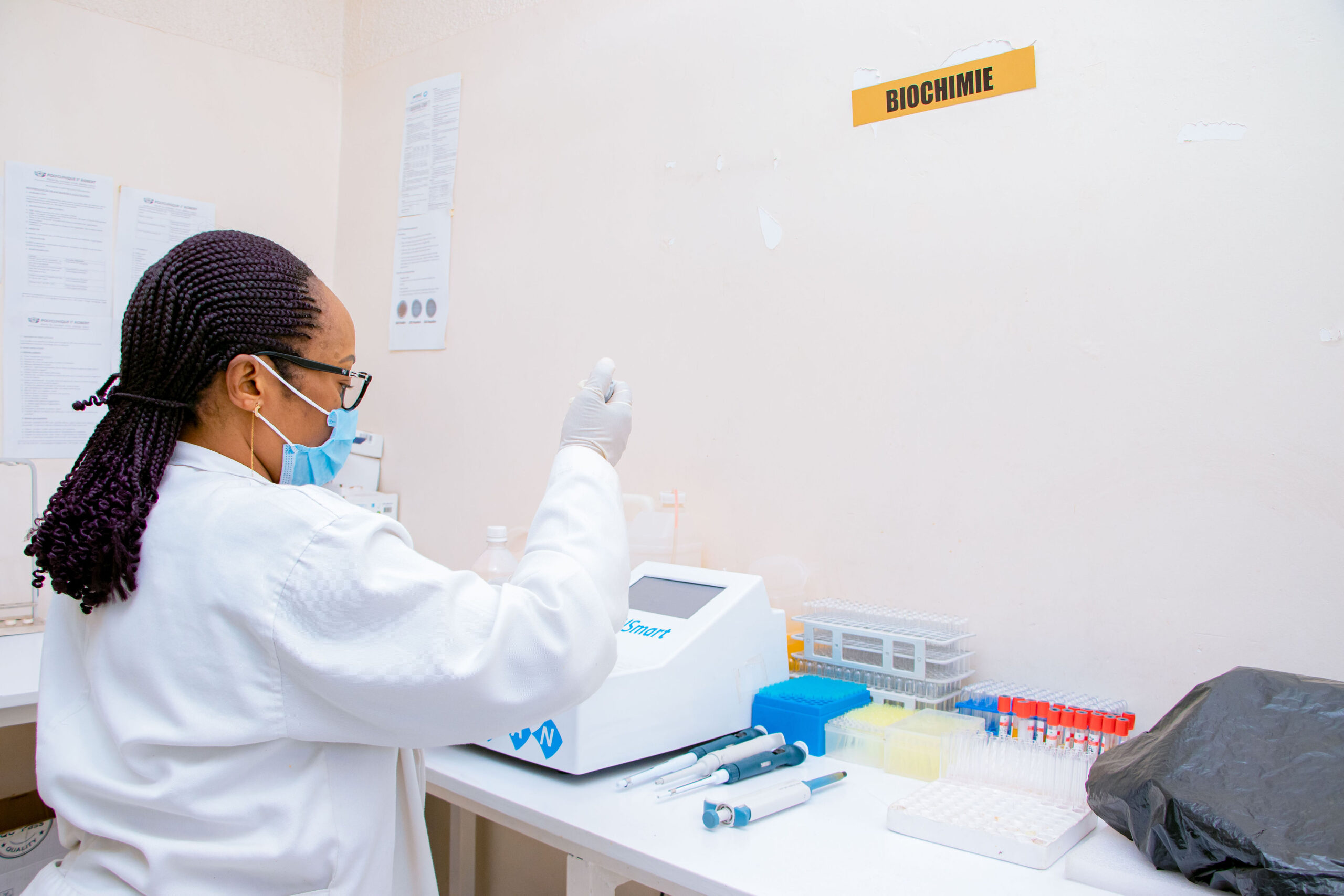
Introduction: Vaccinations play a crucial role in protecting individuals and communities from infectious diseases. However, misinformation and myths about vaccines can lead to vaccine hesitancy and contribute to outbreaks of preventable diseases. In this blog post, we’ll debunk some common myths about vaccinations and highlight their importance in maintaining public health.
1. Myth: Vaccines Cause Autism
- Debunk the widely discredited myth linking vaccines to autism, citing extensive scientific research and studies that have consistently found no association between vaccines and autism.
- Provide information about the origins of the myth, including the retracted study that sparked the controversy, and explain how misinformation continues to perpetuate false beliefs about vaccines.
2. Myth: Vaccines Are Not Necessary for “Herd Immunity”
- Explain the concept of herd immunity and how vaccines help protect vulnerable populations, such as infants, elderly individuals, and individuals with compromised immune systems, who may not be able to receive certain vaccines.
- Provide examples of vaccine-preventable diseases that have reemerged in communities with low vaccination rates, underscoring the importance of maintaining high vaccination coverage to prevent outbreaks.
3. Myth: Vaccines Contain Harmful Ingredients
- Address concerns about vaccine ingredients, such as preservatives, adjuvants, and stabilizers, by explaining their purpose in vaccines and the extensive safety testing that vaccines undergo before approval for use.
- Highlight the rigorous regulatory processes and quality control measures in place to ensure the safety and efficacy of vaccines, including oversight by regulatory agencies like the FDA and CDC.
4. Myth: Natural Immunity Is Superior to Vaccine-Induced Immunity
- Clarify misconceptions about natural immunity versus vaccine-induced immunity, emphasizing the importance of vaccination in providing robust and long-lasting protection against infectious diseases without the risks associated with natural infection.
- Provide examples of vaccine-preventable diseases that have been effectively controlled or eradicated through vaccination efforts, demonstrating the impact of immunization on public health.
5. Myth: Vaccines Can Cause Serious Side Effects
- Address concerns about vaccine safety by providing evidence-based information about the low risk of serious side effects associated with vaccines compared to the risks of vaccine-preventable diseases.
- Highlight the extensive monitoring systems in place to detect and investigate adverse events following vaccination, such as the Vaccine Adverse Event Reporting System (VAERS), and reassure readers about the overall safety of vaccines.
Conclusion: Vaccinations are one of the most effective public health interventions in history, saving millions of lives and preventing countless cases of illness and disability. By debunking common myths about vaccines and promoting accurate information, we can help ensure that individuals and communities make informed decisions about vaccination and protect themselves and others from vaccine-preventable diseases.




Share your thoughts Cancel reply
Your email address will not be published.
Save my name, email, and website in this browser for the next time I comment.
Comment *